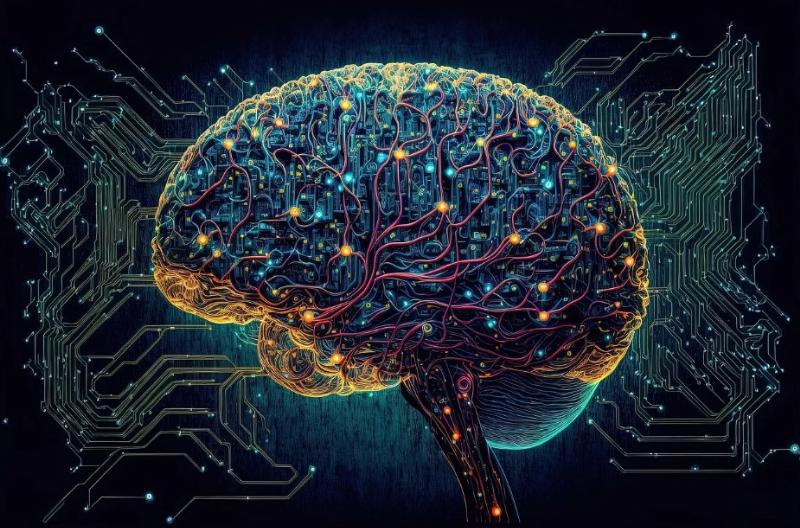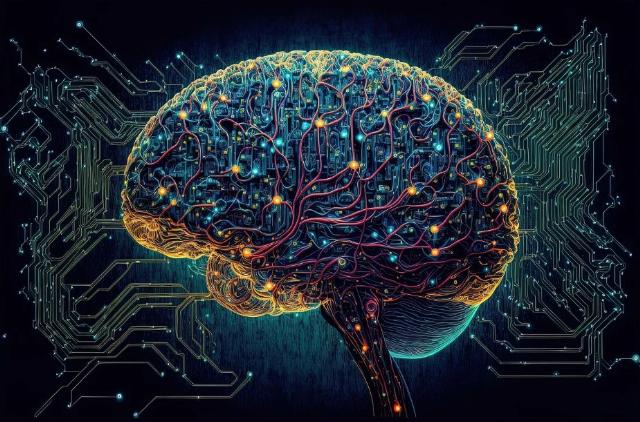


Can you imagine seeing Robert DeNiro or Mark Hamill praising President Trump, advocating for secure borders or condemning drag queen story hour? It would be like seeing Hakeem Jeffries wearing a sombrero while Chuck Schumer says the quiet part out loud. Artificial Intelligence (AI) now makes all of that possible, and the results are nearly indistinguishable from the real thing. The integration of AI into producing television commercials, shows, and Hollywood movies is transforming an industry long defined by human creativity and labor-intensive processes. AI can generate scripts, storyboards, visuals, and even entire scenes. This accelerates production but raises serious questions about jobs, economics, culture, and ethics.
AI threatens roles traditionally reliant on human input, such as writers, producers, and support staff like grips, carpenters, and model makers. AI can automate visual effects (VFX), sound engineering, and concept art. A 2024 study of 300 industry leaders found 77% were already using AI to eliminate such positions. Background actors are particularly vulnerable, as AI can create digital extras indistinguishable from humans, potentially replacing thousands in crowd scenes. Commercial filmmakers report losing clients to AI for cost savings, eroding freelance opportunities that sustain narrative work.
AI generates storyboards from scripts, suggests lighting and camera angles, and even simulates sets, reducing the need for physical builds by carpenters or on-site personnel. Estimates suggest up to 200,000 jobs could vanish in Hollywood alone. While high-skill creators like directors may adapt, entry-level and support staff will likely struggle. Unions like SAG-AFTRA have expressed fears that AI undermines labor, and recent strikes have highlighted concerns over consent and compensation for AI use of performers’ likenesses.
Economically, this could dismantle Hollywood's structure. AI might flood the market with cheap content, devaluing human-made work and making it harder to monetize films. If AI enables anyone to be a filmmaker, the industry risks a race to the bottom, where studios prioritize volume over quality, thus further sidelining traditional talent.
Conversely, automating repetitive tasks can supercharge production rates. By slashing costs and timelines, commercials that once took weeks might now be produced in days, allowing more frequent and varied campaigns. This means faster iterations for TV shows and movies with scripts refined by AI, virtual sets replacing physical ones, and post-production tasks sped up through automated editing. This efficiency could lead to a boom in new content, satisfying increasing public demand.
Lower barriers can democratize the industry as independent filmmakers gain tools for high-quality visuals without massive crews, fostering innovation. VFX pros note that AI aids the creative process, generating ideas that humans refine. Personalization becomes increasingly feasible — AI could tailor commercials or episodes to viewer preferences, boosting engagement and ad revenue.
As the use of AI in this industry increases, environmental impacts will decrease. Fewer on-site locations, less travel time and reduced vehicle emissions should please the climate alarmists. New jobs may emerge in AI oversight, ethics consulting, and hybrid roles blending tech with art, although these will likely not offset total losses.
Questions remain. Will machine-generated content lack the nuance of human emotion, leading to formulaic output? Will movies increasingly resemble what Martin Scorsese referred to as “theme park rides”? Deepfakes pose risks for misinformation, eroding trust. AI trained on existing works could infringe copyrights and intellectual property disputes, sparking lawsuits. Culturally, over-reliance on AI might homogenize storytelling, reducing diversity if algorithms favor profitable storylines.
In sum, the increasing use of AI in film and TV heralds disruption. Massive job losses threaten livelihoods, but faster releases and accessibility could invigorate the industry. Balancing these requires regulation to protect intellectual property, retraining, and ethical frameworks to ensure that technology serves creators, not replacing them. The future may be a hybrid model where AI augments human ingenuity, potentially enriching entertainment and education for us all.

Image: Free image, Pixabay license.
